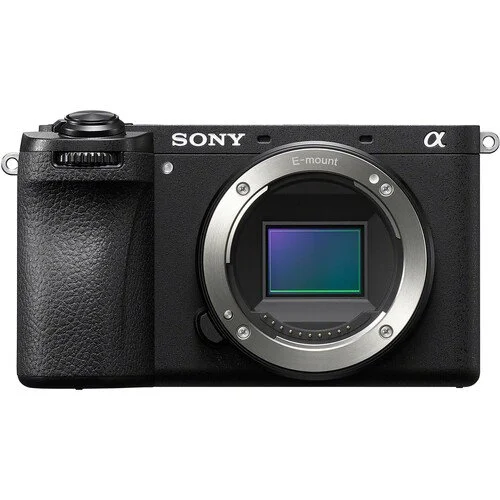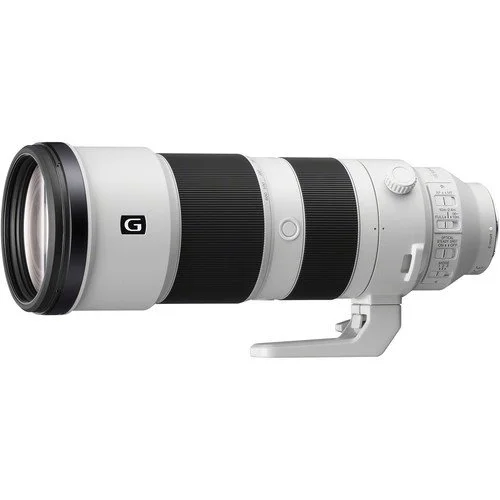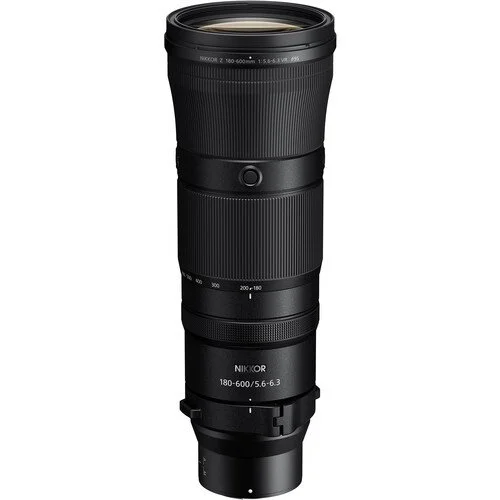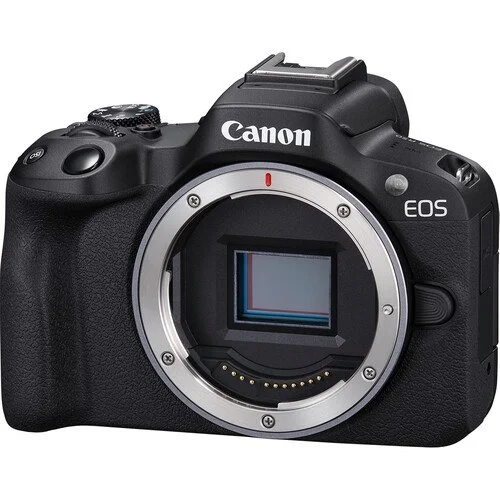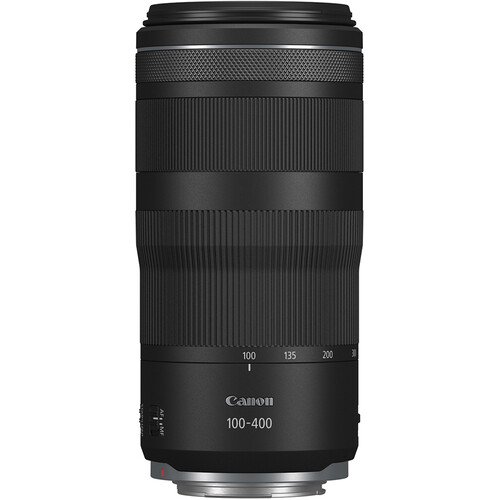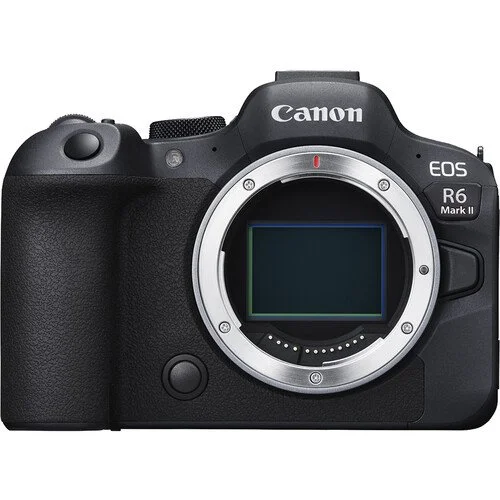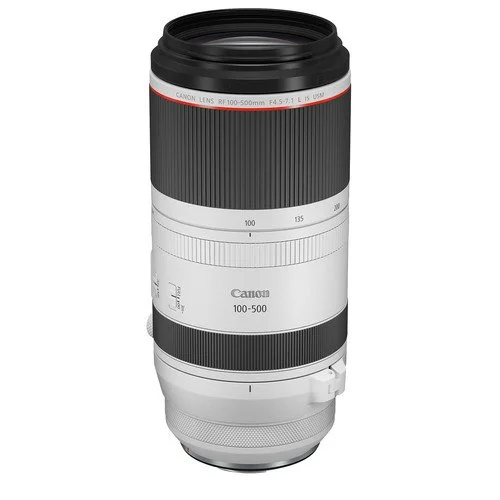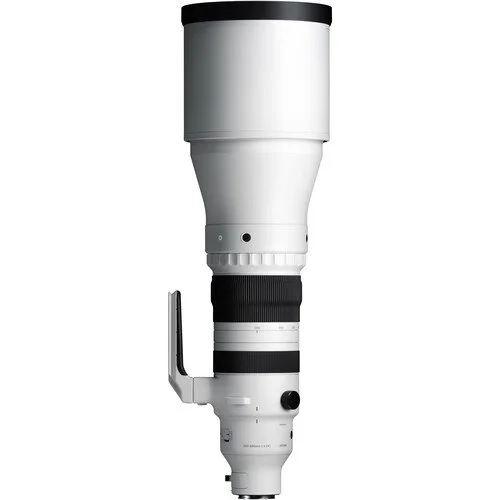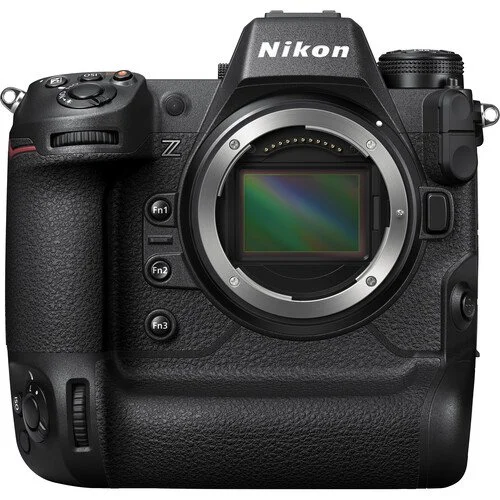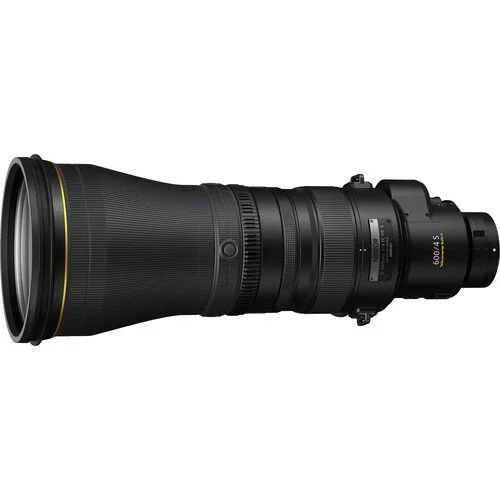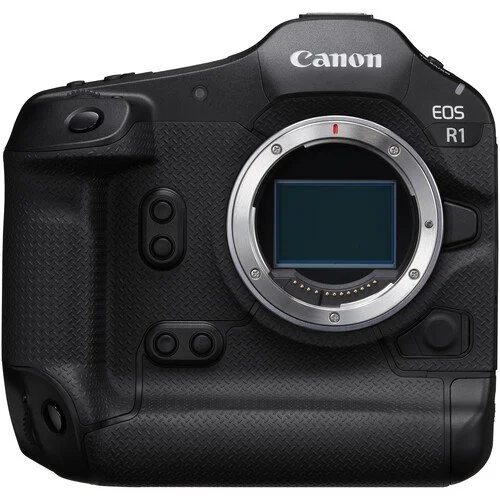Our Take on the Best Camera and Lens Combos for Wildlife Photography
Best Camera and Lens Combinations for Wildlife Photography
Every year, I watch photographers arrive in Yellowstone with incredible gear and just as often, I see that gear underperform simply because the field experience isn’t there yet. Wildlife photography isn’t just about owning the right camera or longest lens. It’s about knowing where to be, when to be there, how animals move, and how to work with constantly changing light and conditions.
That’s exactly what we focus on during Wildscape Adventure wildlife photography tours. Whether you’re shooting with an entry-level setup or a professional body and super-telephoto lens, our tours are designed to help you use your gear effectively, reading behavior, anticipating moments, and making confident decisions in the field. The result isn’t just better images, it’s a deeper understanding of wildlife photography as a craft.
This guide breaks down the best camera and lens combinations for wildlife photography, organized by experience level. If you’re researching gear before a trip or wondering whether your current setup is enough, you’re in the right place. And if you want to put this knowledge into practice in one of the best wildlife destinations on Earth, I’d love to have you join us in Yellowstone.
Entry-Level: Getting Started with Wildlife Photography
Ideal for: Beginners seeking a budget-friendly setup without compromising on quality.
Sony
Camera: Sony a6700 Mirrorless Camera
Price: $1,498.00
Features: 26MP APS-C sensor, Real-Time Eye AF, AI-powered subject tracking, 4K 120p video
Price: $1,998.00
Features: Superb range, internal zoom, Optical SteadyShot stabilization
Total Investment: $3,496.00
Nikon
Camera: Nikon Z50 II Mirrorless Camera
Price: $906.95
Features: 20.9MP APS-C sensor, Eye-detection AF, compact and intuitive controls
Price: $2,046.95
Features: Massive reach, built for wildlife and sports, VR stabilization, internal zoom
Total Investment: $2,953.90
Canon
Camera: Canon EOS R50 Mirrorless Camera
Price: $759.00
Features: 24.2MP APS-C sensor, Dual Pixel CMOS AF II, lightweight with great autofocus
Price: $699.00
Features: Lightweight, compact, built-in stabilization, reach up to 400mm
Total Investment: $1,458.00
Beginner-Friendly Alternative: Nikon COOLPIX P1100
Ideal for: Photographers just breaking into wildlife photography who want extreme zoom power without investing in an interchangeable-lens system.
Camera: Nikon COOLPIX P1100
Price: $1,146.95
Features:
16MP BSI CMOS sensor with RAW shooting
24–3000mm equivalent zoom (125× optical) with Dual Detect Optical VR stabilization
4K/30p video with 3.5mm microphone input
2.36M-dot electronic viewfinder and 3.2" vari-angle LCD
Wi-Fi (WPA3) and Bluetooth 5.1 connectivity
Weighs 3.11 lb (1,415 g) — portable compared to a full telephoto kit
Total Investment: $1,146.95
Intermediate: Enhancing Your Wildlife Photography Skills
Ideal for: Photographers with some experience looking to upgrade their gear.
Sony
Price: $2,698.00
Features: 33MP full-frame sensor, BIONZ XR processor, Real-Time Eye AF, 4K 60p video
Price: $2,698.00
Features: G Master sharpness, fast AF, optical stabilization, internal focus
Total Investment: $5,396.00
Nikon
Camera: Nikon Z6 III Mirrorless Camera
Price: $2,696.95
Features: 24.5MP full-frame sensor, dual processors, advanced AF with Eye Detection, 6K 60p video
Price: $2,946.95
Features: High-end optics, fast focusing, weather sealing, VR image stabilization
Total Investment: $5,643.90
Canon
Price: $2,199.00
Features: 24.2MP full-frame sensor, next-gen Dual Pixel CMOS AF II, 4K 60p, excellent subject tracking
Price: $3,099.00
Features: Pro-level sharpness, fast and silent USM focusing, lightweight for a super-tele
Total Investment: $5,298.00
Advanced: Professional Wildlife Photography Setup
Ideal for: Seasoned photographers requiring top-tier performance and reliability.
Sony
Camera: Sony a1 II Mirrorless Camera
Price: $6,998.00
Features: 50MP full-frame sensor, advanced AI-driven autofocus, 30 fps with full tracking, 8K/4K video, excellent dynamic range
Price: $6,599.00
Features: Built-in OSS, internal zoom, excellent sharpness across range, weather-sealed
Total Investment: $13,597.00
Nikon
Camera: Nikon Z9 Mirrorless Camera
Price: $5,896.95
Features: 45.7MP full-frame sensor, 20 fps RAW burst, advanced AF system with subject detection, flagship-tier durability
Price: $16,196.95
Features: Long-range reach, excellent VR stabilization, weather-sealed, internal zoom, sharp throughout
Total Investment: $22,093.90
Canon
Camera: Canon EOS R1 Mirrorless Camera
Price: $6,799.00
Features: 24.2MP full-frame sensor, blazing-fast AF, 40 fps electronic shutter, superb low-light performance
Price: $13,999.00
Features: Ultra-sharp, image-stabilized zoom with reach, compact build, weather-sealed
Total Investment: $20,798.00
Lens Extenders: Extending Your Reach
For photographers needing extra focal length, lens extenders (teleconverters) are a valuable addition.
Note: Compatibility varies; ensure your lens supports teleconverters.
Tripods & Gimbal Heads: Stability for Sharp Images
Long lenses require stable support to prevent camera shake.
Spotting Scopes & Smartphone Adapters: Lightweight Alternatives
For those preferring a compact setup or who want a less expensive way to observe and capture distant wildlife, spotting scopes with smartphone adapters are a fantastic alternative to traditional telephoto lenses.
Spotting Scope Options
Entry-Level: Celestron Ultima 80mm Angled Spotting Scope
Price: $279.49
Magnification: 20–60x80mm
Highlights: Affordable, durable, and great for beginners. Ideal for distant wildlife viewing and basic digiscoping. Comes with a soft case and mini tripod—though a sturdier tripod is recommended for serious use.
Premium: Swarovski ATS-80 HD Spotting Scope (Eyepiece not included)
Price: $3,558.00
Magnification: 20–60x80mm
Highlights: Industry-leading clarity, excellent light transmission, and rugged build quality. Designed for professionals and serious wildlife observers.
Smartphone Adapter
JJC Wireless Bluetooth Remote Control
Price: ~$30
Use: Enables hands-free smartphone photography through spotting scopes. Perfect for minimizing vibration during digiscoping. Pairs well with universal adapters or scope-specific mounting kits.
Consider Buying Used or Renting Gear First
Getting into wildlife photography can be a significant investment, but it doesn’t have to break the bank. If you're not ready to commit to a full gear purchase, or if you want to try out high-end equipment before making a decision, consider these two smart alternatives:
Shop or Rent Local
If you’re based in Montana or heading to Yellowstone for a photography tour, Bozeman Camera is a fantastic local option. They offer new and used gear sales, trade-ins, and equipment rentals. Their knowledgeable staff understands the demands of outdoor and wildlife photography, and they’re a great resource if you need last-minute gear, cleaning, or support during your trip.
Shop Bozeman Camera
Buy Used from a Trusted Source
B&H Photo has a reliable used gear department where you can find camera bodies, lenses, and accessories in excellent condition. Often at hundreds of dollars below new retail prices. All used items are professionally inspected, rated for condition, and come with a return window for peace of mind.
Explore Used Gear at B&H Photo
Rent from LensRentals.com or Mutiny Rentals
If you're planning a one-time trip to Yellowstone or simply want to test high-end gear before committing to a purchase, renting is a smart and cost-effective option.
LensRentals.com ships nationwide and offers an extensive catalog of bodies, lenses, and accessories for Sony, Nikon, Canon, and more. They provide optional insurance, and if you fall in love with a piece of gear, you can apply a portion of your rental fee toward purchasing it outright.
Mutiny Rentals is another fantastic resource, offering a curated inventory of professional cinema and still photography equipment. Their customer service is top-tier, and they cater to both creatives and production teams looking for short- or long-term rentals. They’re especially popular among those who need rugged, reliable gear that’s ready for real-world use.
Wildlife photography isn’t just about gear, it's about patience, anticipation, and connection to the natural world. But the right tools can help you tell those stories more effectively, whether you're tracking bison across Yellowstone’s valleys or capturing the flight of a golden eagle in the late evening light.
If you're not ready to invest in a full kit, options like Bozeman Camera, LensRentals.com, Muntiny Rentals, or the B&H Used Department offer reliable, flexible ways to explore your needs without over-committing. Trying before buying is not only budget-friendly, it's smart fieldcraft.
Whether you're investing in your first APS-C camera and a 100-400mm lens or stepping into the pro tier with a 600mm f/4 and a flagship body, every level of gear in this guide has been selected with real-world performance in mind. These aren’t theoretical picks, they're systems built for tracking fast action, withstanding harsh conditions, and delivering the reach, sharpness, and autofocus reliability wildlife photographers need.
Ultimately, the best camera is the one that empowers you to pursue the moment, and the best lens is the one that helps you hold on to it.
Putting It All Together in the Field
The truth is, incredible wildlife images rarely come down to gear alone. They come from positioning, patience, light awareness, and understanding animal behavior, skills that only develop with time in the field. The camera and lens combinations outlined above will absolutely support your growth, but it’s how you apply them that makes the difference.
That’s where Wildscape Adventure comes in. Our small-group and private wildlife photography tours in Yellowstone are built around real field experience, long mornings, changing weather, ethical wildlife encounters, and hands-on guidance tailored to your gear and skill level. We work through settings, lens choice, composition, and decision-making in real time, so when the moment happens, you’re ready.
If you’re serious about elevating your wildlife photography, consider joining us on a Wild Yellowstone wildlife photography tour. You’ll leave with stronger images, a clearer understanding of your equipment, and the confidence to photograph wildlife anywhere you go.
Written by Christopher Georgia, founder of Wildscape Adventure—leading wildlife photography tours and workshops across Yellowstone National Park.


